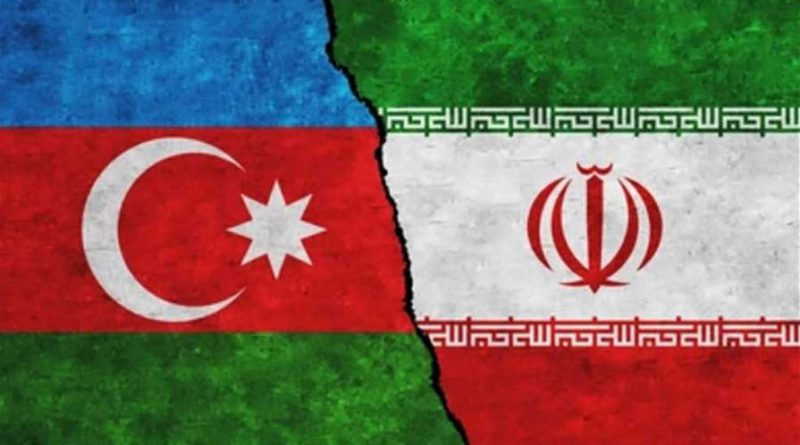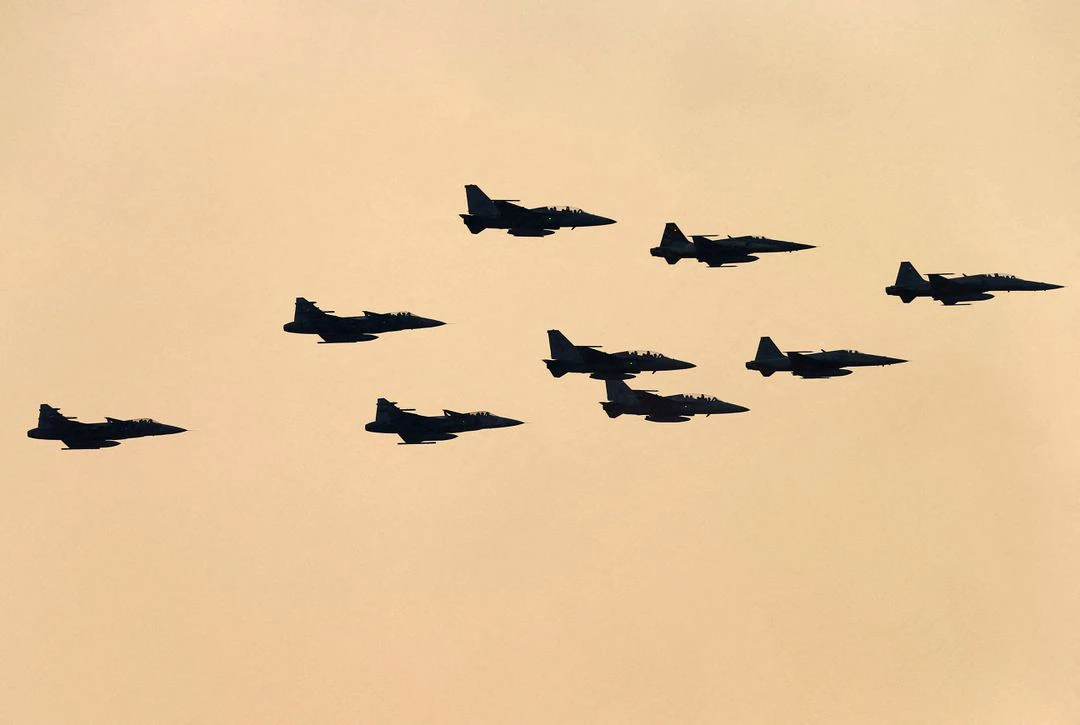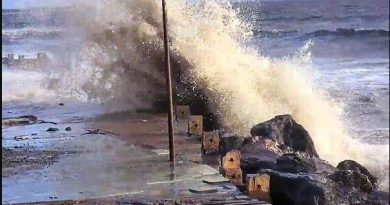Iran-related suspects are detained in the shooting of an Azerbaijani MP
On Monday, Azerbaijani media revealed the identities of four of the suspects in the shooting death of Azerbaijani MP Fazil Mustafa, with the reports claiming that the three were acting at the direction of Iranian security forces.
According to the Azerbaijani Turan news website, the four were named as Azer Sarijanov, Sabuhi Shirinov, Elshad Askerov, and Emin Aliyev.
The suspects frequently travelled to Iran, according to accounts from Azerbaijan, and Sarijanov is a religious activist known online as “Haji Azer” who gives speeches.
Turan claims that Sarijanov planned the assault and Shirinov was the gunman. According to the news source, the attack was carried out on “Iranian special services'” orders and with Iran’s financial assistance.
Emin Aliyev was not mentioned in a different story on the arrests that appeared on the APA news website, nor was it mentioned that the attack was carried out at the direction of Iranian security forces.
Azerbaijani parliamentarians accuse Iran for the shooting
Several Azerbaijani MPs accused Iran last week of being responsible for the shooting that killed Mustafa.
According to Mashhur Mammadov, a member of parliament for the government’s New Azerbaijan Party, the attempted assassination was “a step taken by foreign forces to undermine the stability and reforms carried out in the country.”
Mammadov observed that the attack happened while Jeyhun Bayramov, the foreign minister of Azerbaijan, was in Israel to celebrate the opening of the Azerbaijani Embassy there.
The MP continued, “Everyone knows that Iran is another state that is capable of provocation against Azerbaijan and openly proclaims this.
According to Turan, Zahid Oruj, the head of the human rights committee in the Azerbaijani parliament, “are trying to ensure that Azerbaijan takes the path of confrontation with various states and abandons the policy of balance.” They want us to choose factions and align with various blocs. If the external signs of this terror are established, the investigation’s findings should dictate how we relate to this condition.
The opening of Iran’s embassy in Israel and the fact that Mustafa was known for his anti-Iranian rhetoric were both mentioned in a report by the Azerbaijani Trend news agency that linked the attempted assassination to Iran.
The State Security Service of Azerbaijan declared last week that the assault was a “terrorist attack” and that it was carrying out operations to find the perpetrator and other suspects.
Iran and Azerbaijan continue to be at odds with each other
As a result of a number of issues, including Azerbaijan’s attempts to build a corridor through Armenia to an exclave that is part of Azerbaijan, allegations that Israeli intelligence is operating against Iran from Azerbaijan, and op-eds published in Azerbaijani newspapers urging the West Azerbaijan province of Iran to secede and join Azerbaijan, tensions between Azerbaijan and Iran have increased in recent months.
Nasser Kanaani, a spokesman for the Iranian foreign ministry, expressed outrage on Friday at remarks made by Israeli officials about the creation of a “united front against Iran” with Azerbaijan following the travel of the Azerbaijani foreign minister to Israel.
“We advise our Muslim brothers and sisters in Azerbaijan to be vigilant about the true intentions of the Zionist enemy,” Kanaani said.
In reaction, the Azerbaijani Foreign Ministry emphasised that “Azerbaijan has never allowed the use of its territory against third countries,” adding that Bayramov made no remarks about Iran. The Iranian government’s “anti-Azerbaijani statements,” recent military drills conducted close to the Azerbaijani border, and the preliminary results of the inquiry into the shooting of Mustafa, which link the shooting to Iran, were all denounced by the Azerbaijani Foreign Ministry.
Azerbaijan’s State Security Service revealed in November that an Iranian spy network had been found working there.
Just two weeks prior to the statement regarding that network, the security service had claimed to have discovered an illegal armed group operating in the nation on behalf of Iran’s intelligence services.
Azerbaijan’s embassy in Iran was attacked in January by a gunman who killed a security officer and injured two others. Baku referred to the incident as a “act of terrorism” and claimed Tehran ignored its requests for increased security.
Iranian officials condemned the incident and said the gunman appeared to have had a personal, not a political, purpose, though Tehran police said they had detained a suspect.
Muhammad Pakpour, the IRGC’s commander of the ground troops, last paid a visit to units close to the Iranian-Azerbaijani border two weeks ago.
Concerns have grown recently that Azerbaijan may attempt to build the Zangezur Corridor, which would connect its territory with the exclave it controls named Nakhchivan. Armenian territory, which links Armenia to Iran, divides the two regions.
Iranian officials condemned the incident and said the gunman appeared to have had a personal, not a political, purpose, though Tehran police said they had detained a suspect.
Muhammad Pakpour, the IRGC’s commander of the ground troops, last paid a visit to units close to the Iranian-Azerbaijani border two weeks ago.
Concerns have grown recently that Azerbaijan may attempt to build the Zangezur Corridor, which would connect its territory with the exclave it controls named Nakhchivan. Armenian territory, which links Armenia to Iran, divides the two regions.
Since the action would severe the connection between Iran and Armenia, it has alarmed both Armenia and Iran.


